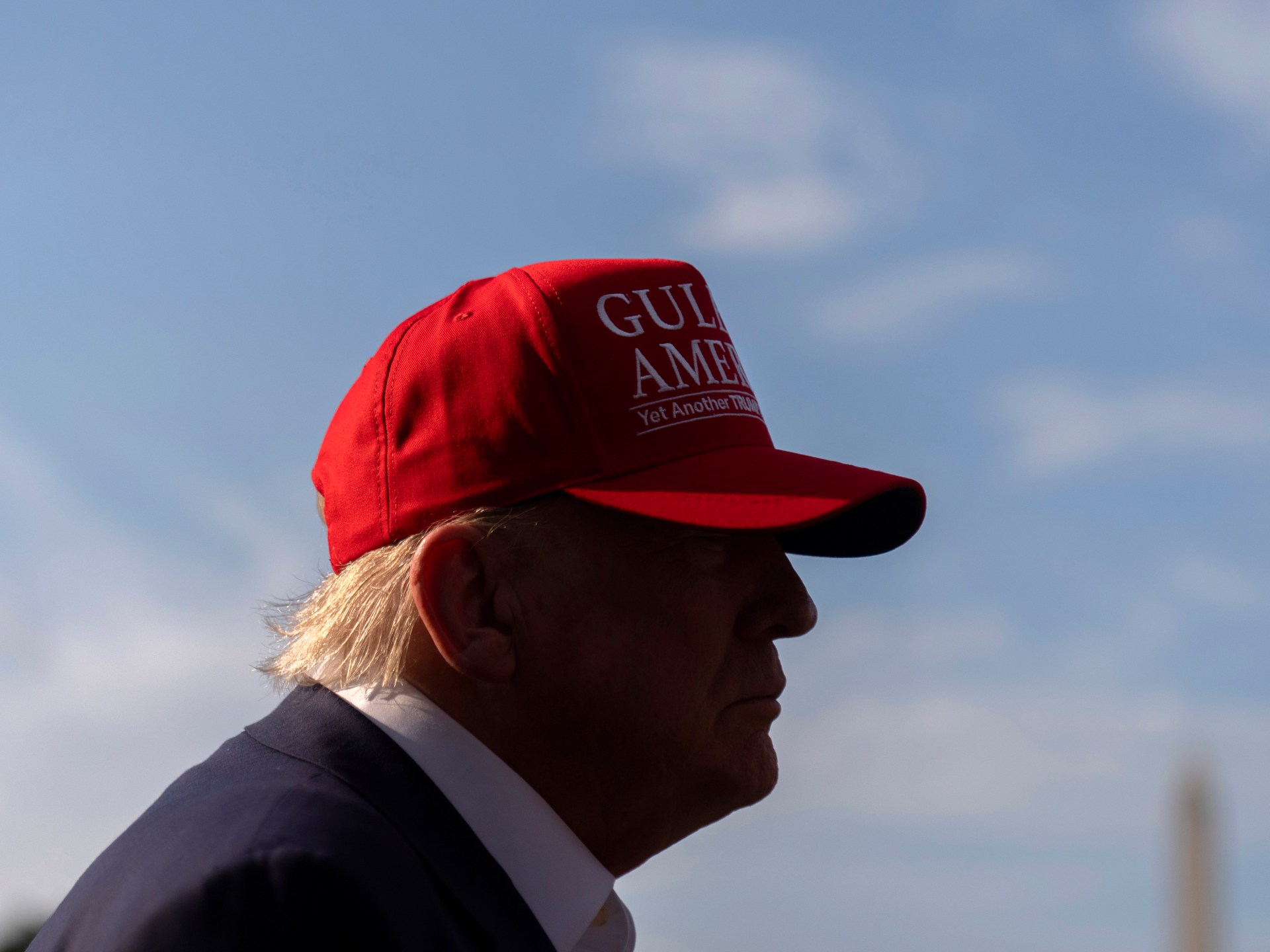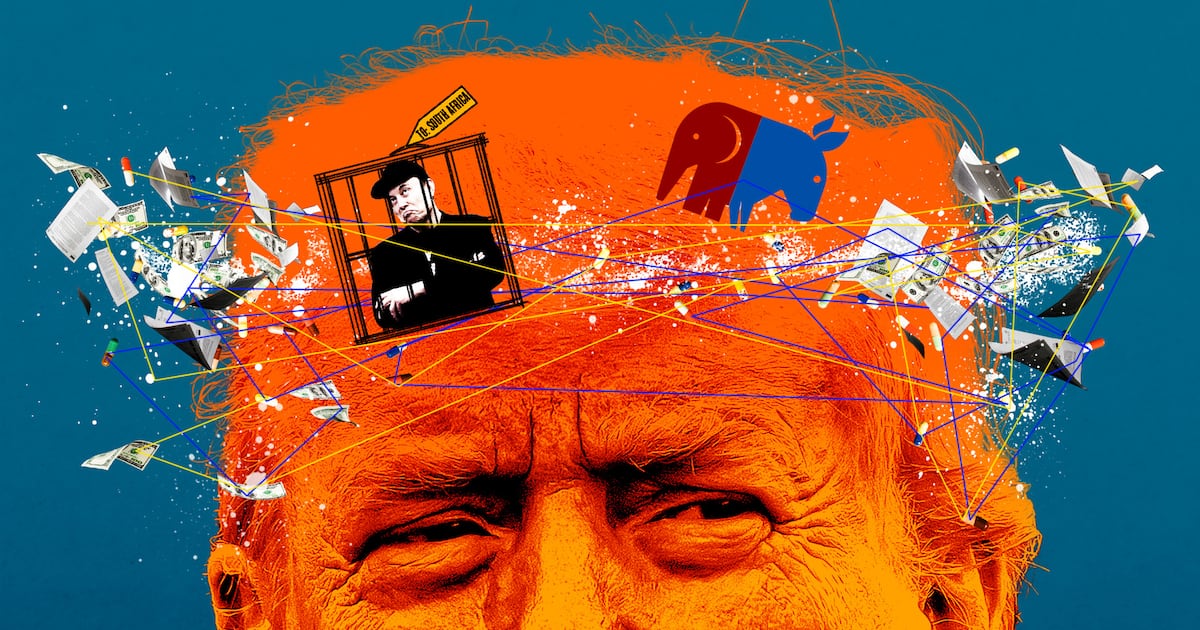Image created by Oiwan Lam with Canva Pro.
“The east is rising and the west is declining” (東升西降), a political rhetoric introduced by Chinese President Xi Jinping in 2020 depicting the shift of geopolitical power, has become a catchphrase on Chinese social media as the U.S president Donald Trump moves ahead his isolationist foreign policy with his global tax war and withdrawal from global presence.
The latest hype of the political term started after the Chinese Communist Party’s official theoretical journal Qiushi published Xi Jinping’s commentary on the political trend of a rising East and declining West on the first day of 2025. The article was a speech made by the Chinese President back in 2023, in which he spoke of the gradual downturn of Western countries as a consequence of its inability to curb the greedy nature of capital, and hence, the New Era has been marked with the stark contrast of “a rising East and a declining West” and “a stable China and a chaotic West”. He stressed that the new geopolitical balance has given developing countries another choice and called for a righteous struggle against U.S. encirclement, containment and suppression.
While it is typical for Chinese state-owned media to echo Xi’s ideas, this time, Qiushi’s ideological piece has attracted more resonance from overseas political dissents, thanks to Donald Trump’s isolationist foreign policy.
“Old Driver” (老司机), a vocal critic of CCP on X, formerly Twitter, slammed Trump for helping China to rise:
如果美国让唯利是图的川普搞得一毛不拔的后果,是天下人避之不及还是趋若骛?二战以后,美国不知慷慨援助了多少国家,美国因此变穷变弱还是越来越强大富裕?眼光短浅的人只看到援助的部分,有看到收益的部分吗?如果美国放弃全球战略 ,回到孤立主义。正好让中国坐大,这才是帮助习猪头东升西降。 pic.twitter.com/8i1oWtBUSi
— 老司机 (@h5LPyKL7TP6jjop) February 16, 2025
How would the world react to the consequences if the U.S were to let the profit-seeking Trump withdraw from all foreign aid? Will they cut ties with you or adhere with you? After WWII, the U.S. generously provided aid to numerous countries. Has that made the U.S weaker or stronger? The short-sighted only see the given but not the taken. If the U.S gives up its global alliance building strategy and returns to isolationism, it will let China grow strong and help Xi’s “the East is rising and the West is declining” agenda.
@tankman2002 also expressed his frustration on Donald Trump’s antagonising foreign policy:
谁能想到习主席的“东升西降”会成为预言?谁又能想到习主席和同行比起来居然也有高大伟岸的一天? pic.twitter.com/fSTbxqgynP
— 二大爷 (@tankman2002) February 21, 2025
Who could have imagined that Chairman Xi’s claim that “the East is rising and the West is declining” is now an accurate prediction? Who could have imagined that Chairman Xi would look [morally] taller and greater than his
“The east is rising, and the west is declining”
Xi Jinping first mentioned the phrase, “The east is rising and the west is declining” during the fifth plenary session of the CCP in October 2020 and the phrase was publicized in January 2021 during Donald Trump’s first presidential term when the U.S was hit hard by the COVID-19 pandemic and disinformation about vaccines and anti-pandemic measures.
The idea was based on theories presented by Li Yifu, former vice president of World Bank, and Hu Angang and Li Daokui, both economics professors at Tsinghua University. For Xi and his think tank, the East and the West represent two civilizations – the former is based on communal values and collectivism, while the latter is based on individual freedom and capitalism. With China’s rapid rise in economic and technological power, as well as the initial success in containing the pandemic, they believed that China was entering a period of opportunity and that by 2030, China would overtake the U.S to become the biggest economy.
But many disagreed. Former U.S President Joe Biden, in his farewell speech, stressed that China would never surpass the U.S, citing China’s post-COVID economic slowdown and downgrade. Former Singaporean Prime Minister Lee Hsien Loong also suggested that China could not overtake the U.S in the sense that the latter could attract people from all over the world and had the vibrancy and ability to reinvent itself. Even within China, political scientists pointed out that economic growth was not the most significant indicator of strength as the U.S hegemony is sustained by its geopolitical presence, its Western alliances, the status of U.S dollars as global trade currency and reserve, its ability to attract global talents and its techno and military power.
Hence, even though China has been struggling hard to build its global South alliance through its Belt and Road Intiative and roll out digital Renminbi to strengthen Chinese Yuan’s status as global curreny, amid the escalating U.S-China trade war and China’s debt crisis and deflation, the idea of “the East is rising and the West is declining” had remained a far fetch idea among China observers until Donald Trump reseted the U.S foreign policy from muliteralism into isolationism and trade policy from free market into protectionism.
As Donald Trump shut down USAID and threatened to withdraw from the North Atlantic Treaty Organization (NATO) alliance and its military support to Ukraine, the consequence, as suggested in the Wall Street Journal’s political analysis, is that the globe would fall back into spheres of influence, with Russia, China, and the U.S. (and the European Union) as major players:
With the postwar international order in decline, Russia, China and the U.S. are aiming to carve up the planet in a new age of empire, writes the WSJ’s Yaroslav Trofimov. https://t.co/Nbh63vyfsp
— The Wall Street Journal (@WSJ) January 18, 2025
The prediction that China will expand its influence amid the U.S’s cutting ties with its alliances has become a consensus among foreign policy observers:
Chinese leaders expect that the Trump administration’s policies will dismantle the foundations of U.S. global hegemony—and create an opportunity for Beijing to expand its influence farther and faster, writes Yun Sun. https://t.co/2FEOcrs8VL
— Foreign Affairs (@ForeignAffairs) February 18, 2025
The Chinese version of the above prediction is then reflected in the narrative of “the east is rising and the west is declining”, which is now widely shared by overseas mainland Chinese political liberals:
看来马克龙到华盛顿的斡旋没有起到预期效果,特朗普同志猛烈抨击了欧盟,并准备向欧盟宣“战”,欧洲与美国的关系再也回不去了。
自2025年开始,国际格局会有重大变化,主要利于各国的独裁者们。
看来东升西降不再是口号,而是100%必然事件,只要官府不折腾就行。 pic.twitter.com/DScvUx83nx— 領導幹部 (@Xianzhong_1953) February 26, 2025
[French President] Macron’s mediation in Washington did not generate the expected result. Trump criticized the EU fiercely and is ready to declare [trade] “war” on the EU. The relationship between Europe and the U.S will never be the same again. Starting in 2025, there will be major changes in global geopolitics, which will mainly benefit the dictators of various countries. It seems that the rise of the East and the decline of the West is no longer a slogan, but a 100% inevitable event, as long as the [Chinese] government does not ruin it.


